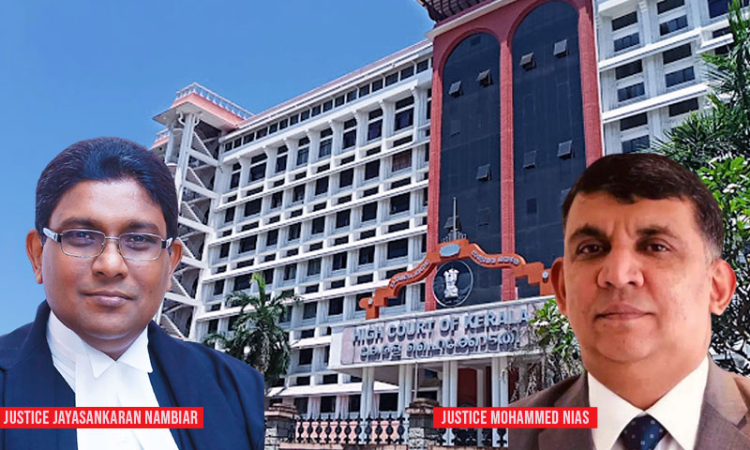Right Of State To Provide Reservations Unaffected By UGC Regulations: Kerala High Court
Hannah M Varghese
12 April 2022 9:18 PM IST

Next Story
12 April 2022 9:18 PM IST
The Kerala High Court has established that the regulations notified by the University Grants Commission (UGC) that determine qualifications for selection to various posts in universities in a State do not impact the right of the State government to provide reservations for backward classes. A Division Bench of Justice A.K Jayasankaran Nambiar and Justice Mohammed Nias C.P stated that it did...
